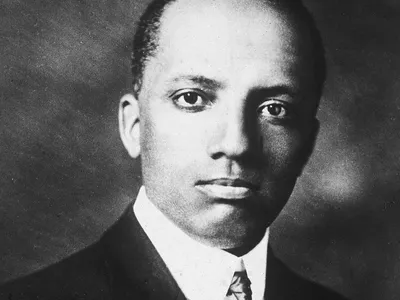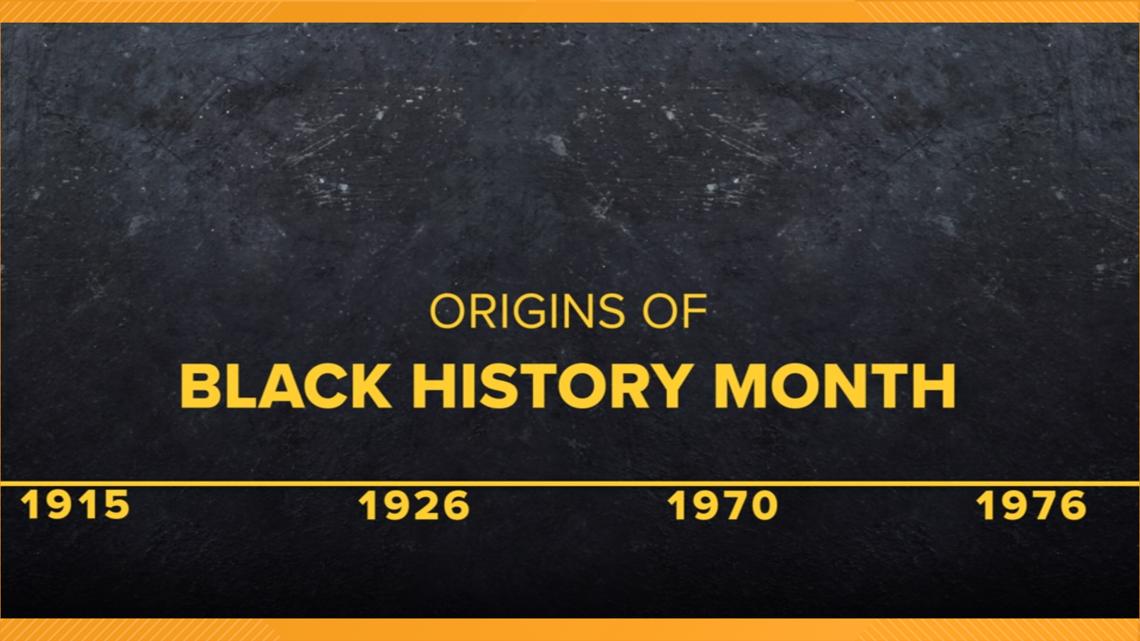Black History Month, celebrated annually in February in the United States (and in some other countries at different times), is a dedicated period to honor and recognize the achievements, contributions, struggles, and rich history of African Americans. It’s a time to celebrate the resilience, cultural heritage, and pivotal role African Americans have played throughout history.
The origins of Black History Month trace back to the early 20th century when Dr. Carter G. Woodson, an African American historian and educator, along with others, recognized the need to highlight the often-overlooked achievements and history of African Americans. In 1926, they established “Negro History Week” during the second week of February to coincide with the birthdays of Abraham Lincoln and Frederick Douglass, two figures who played significant roles in the advancement of African Americans’ rights.
Over time, the week-long observance expanded into a month-long celebration. In 1976, President Gerald Ford officially recognized February as “Black History Month,” urging the public to “seize the opportunity to honor the too-often neglected accomplishments of black Americans in every area of endeavor throughout our history.”
Black History Month serves several crucial purposes:
- Celebrating Achievements: It provides a platform to honor the accomplishments of African Americans in various fields, including but not limited to, science, literature, arts, politics, civil rights, sports, and more.
- Education and Awareness: Black History Month offers an opportunity for education and awareness about the historical struggles, contributions, and experiences of African Americans. It helps highlight the often overlooked or marginalized aspects of history.
- Promoting Understanding and Unity: By recognizing and celebrating diversity, Black History Month fosters understanding, unity, and appreciation for the cultural richness and diversity within society.
- Empowerment and Inspiration: It serves as an empowering time for people of all backgrounds, providing inspiration through stories of resilience, leadership, and innovation within the African American community.
Throughout the month, various events, including lectures, exhibits, discussions, and performances, are organized to commemorate the legacy and impact of African Americans. Schools, universities, community organizations, and cultural institutions often hold programs and activities to raise awareness and celebrate the significant contributions of African Americans to society.
Black History Month is not only a time for reflection and celebration but also a reminder of the ongoing journey towards equality, justice, and inclusivity for all individuals regardless of race or background. It’s an opportunity to acknowledge the past, celebrate the present, and work towards a more equitable and inclusive future for everyone.





